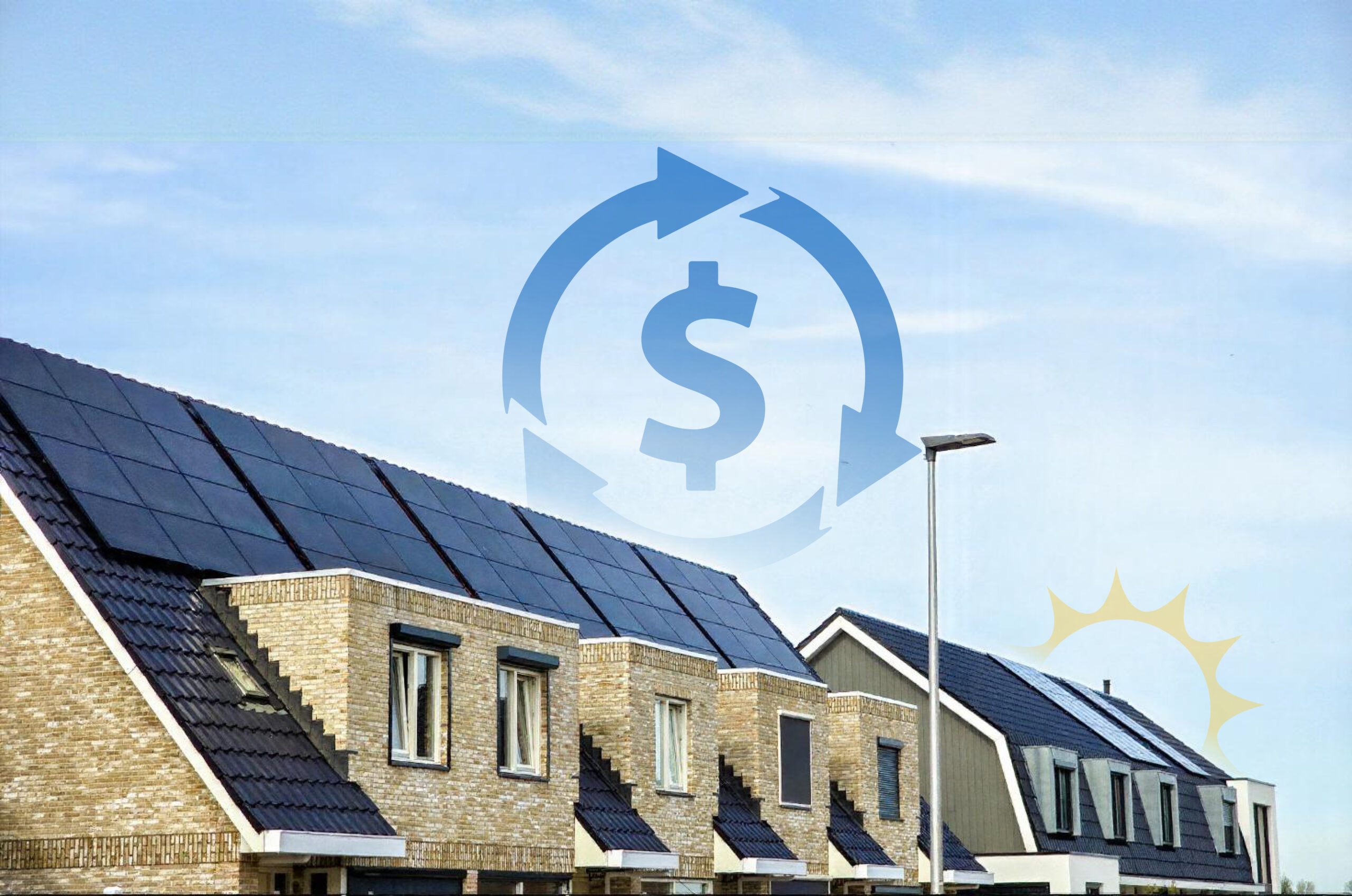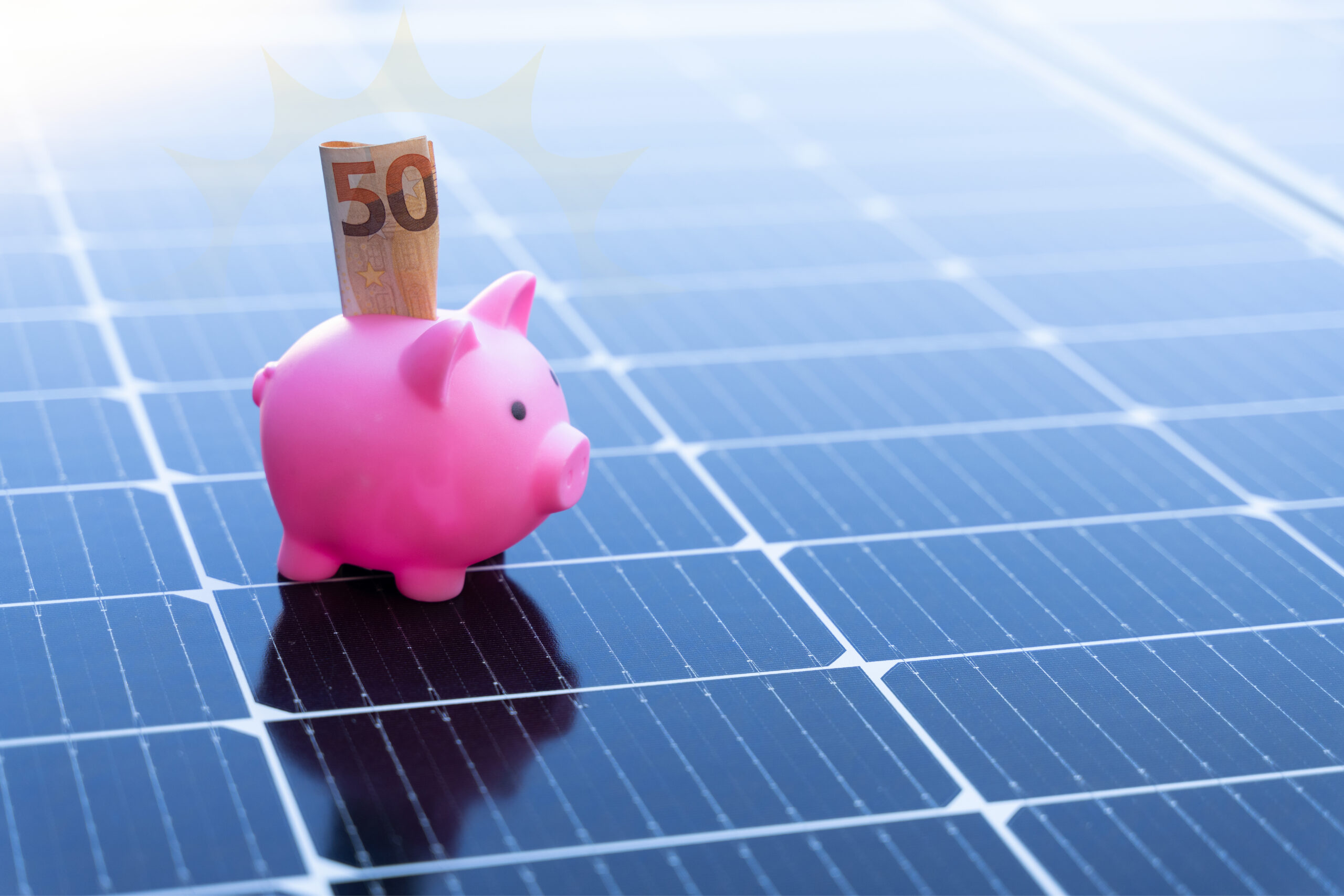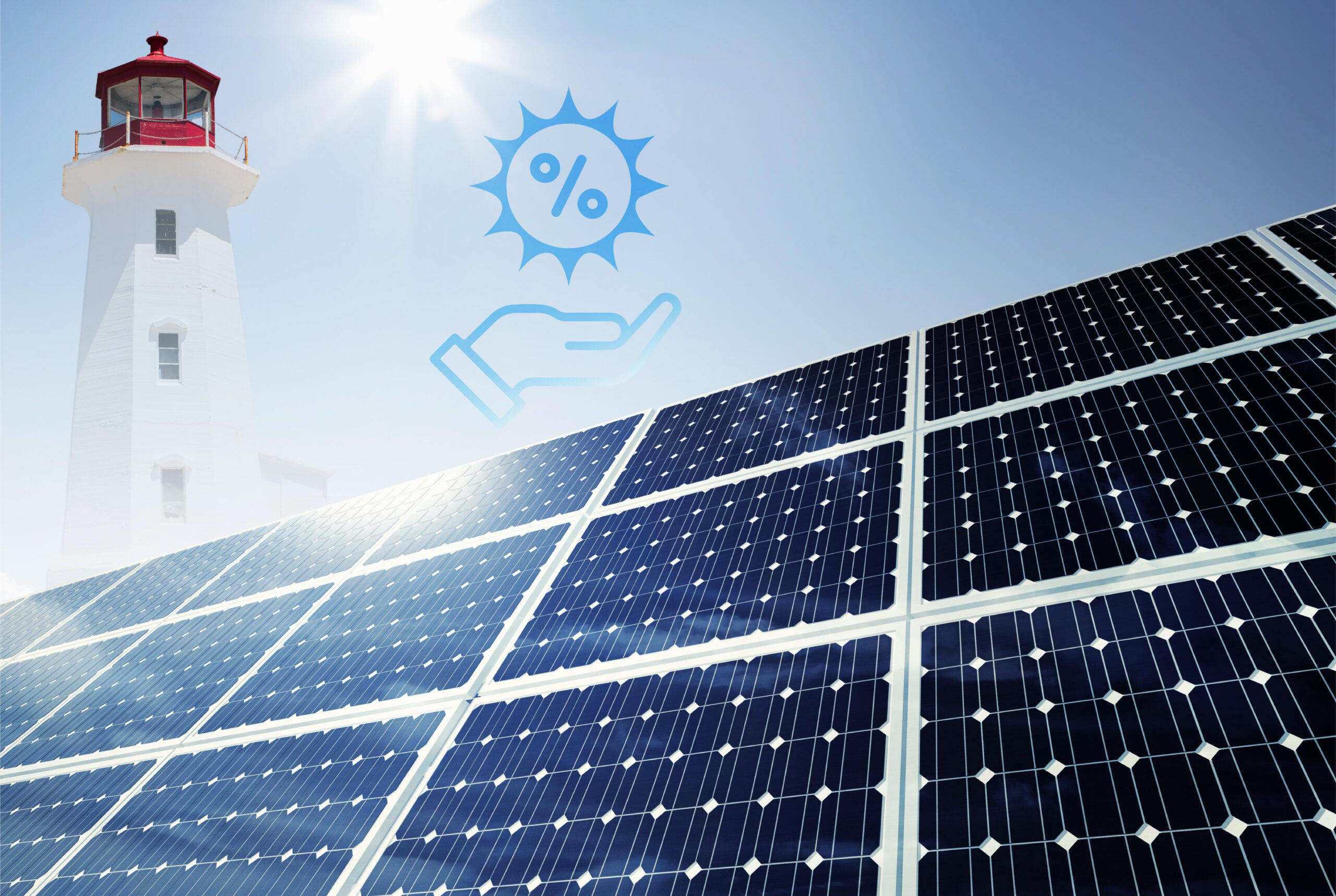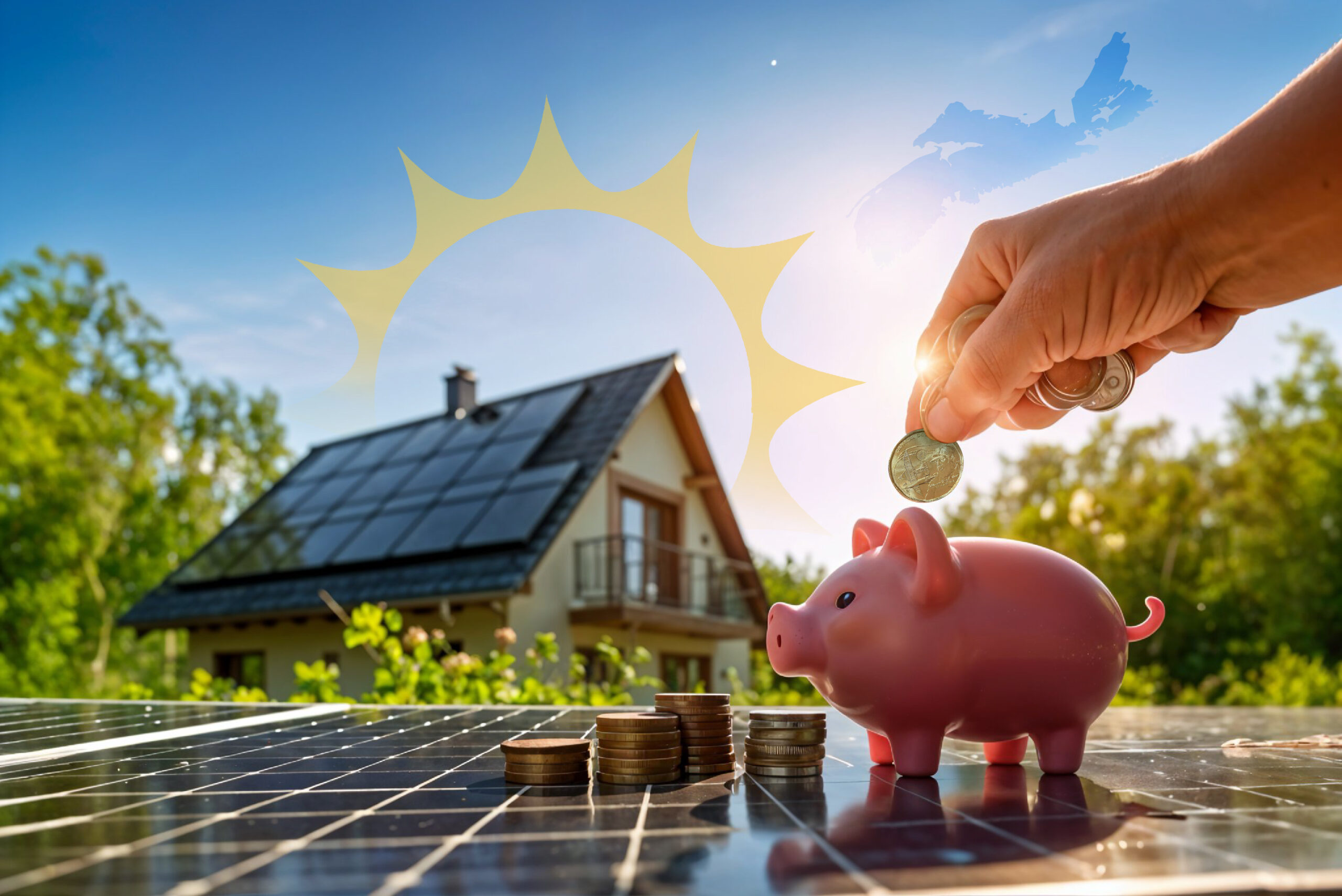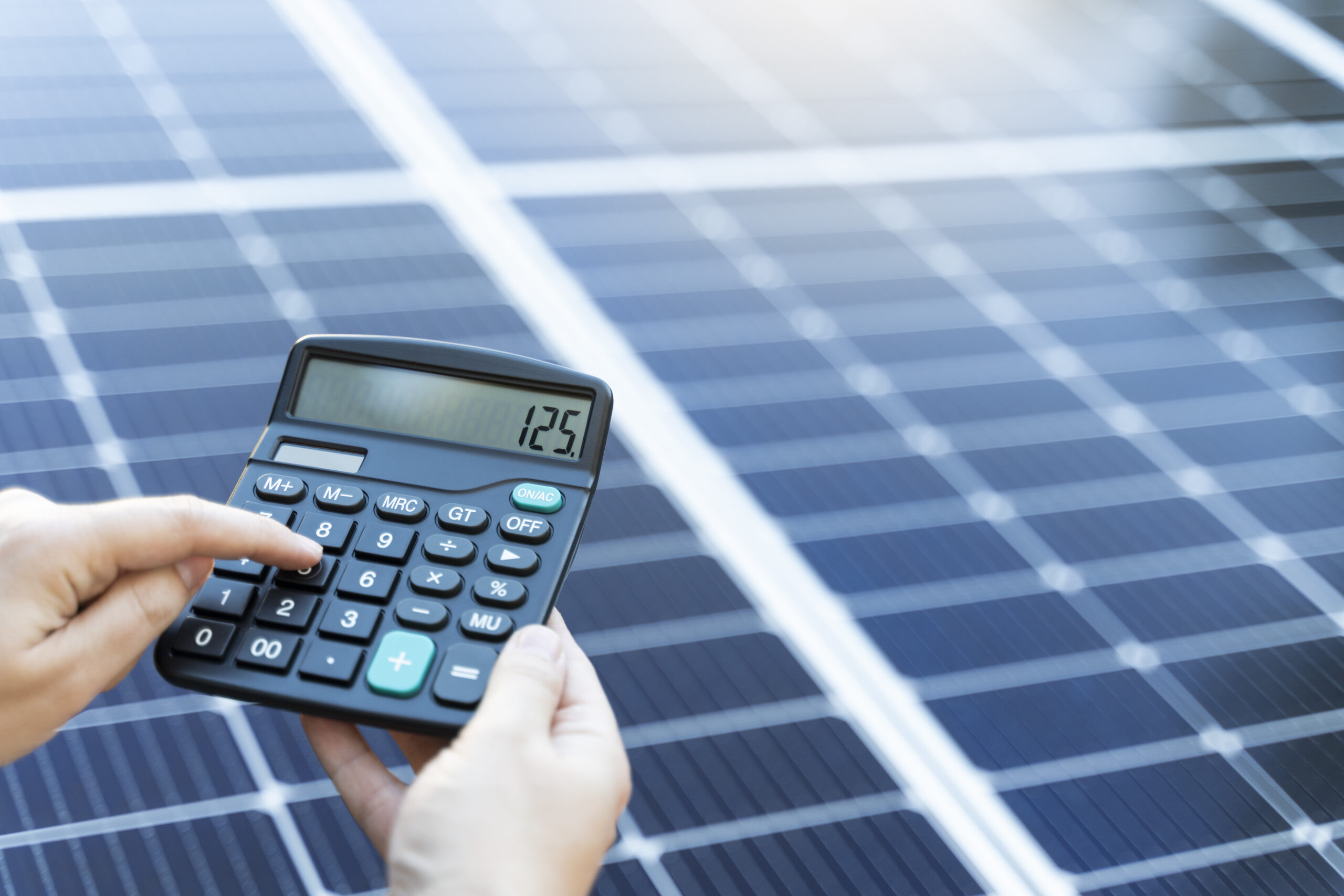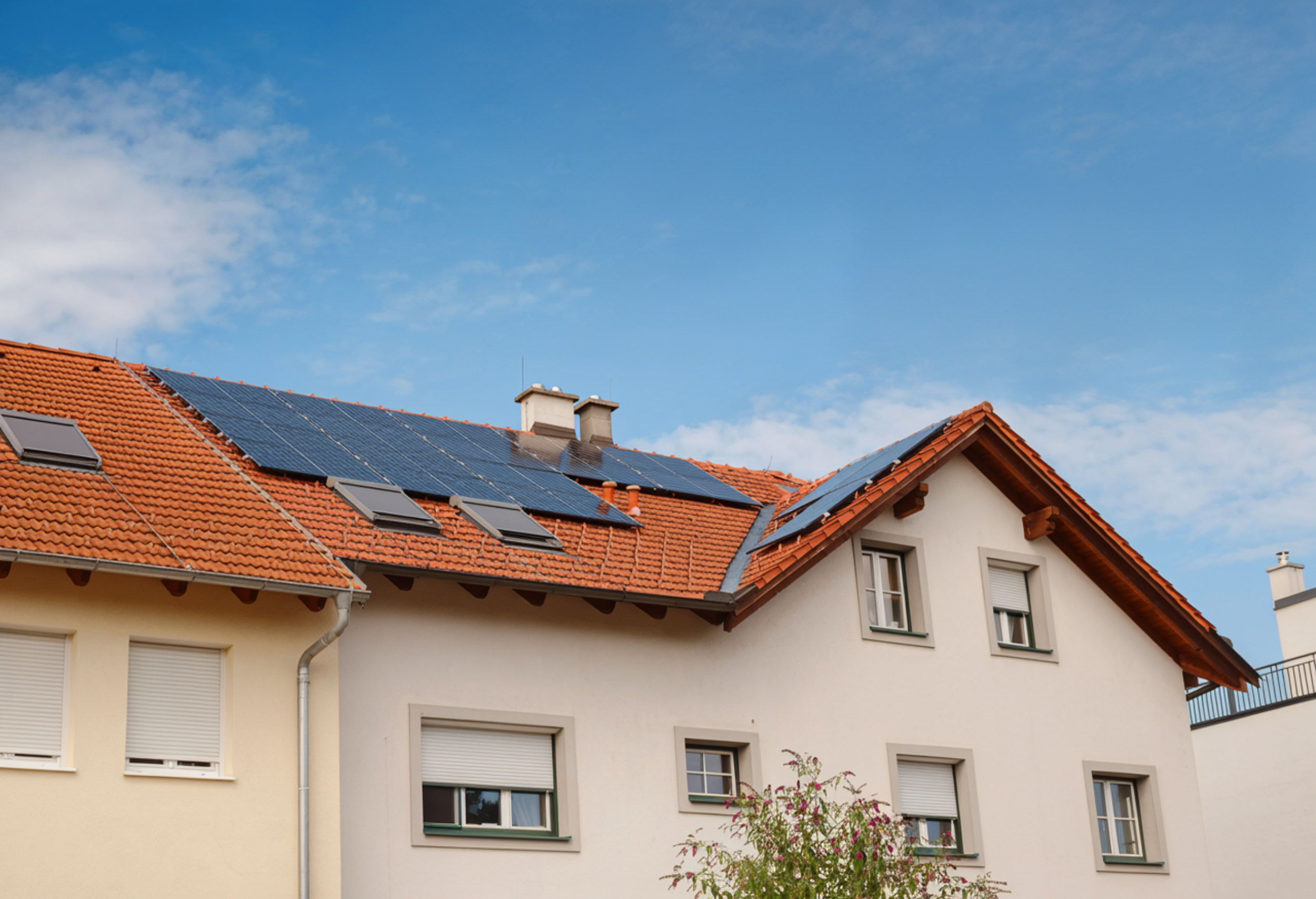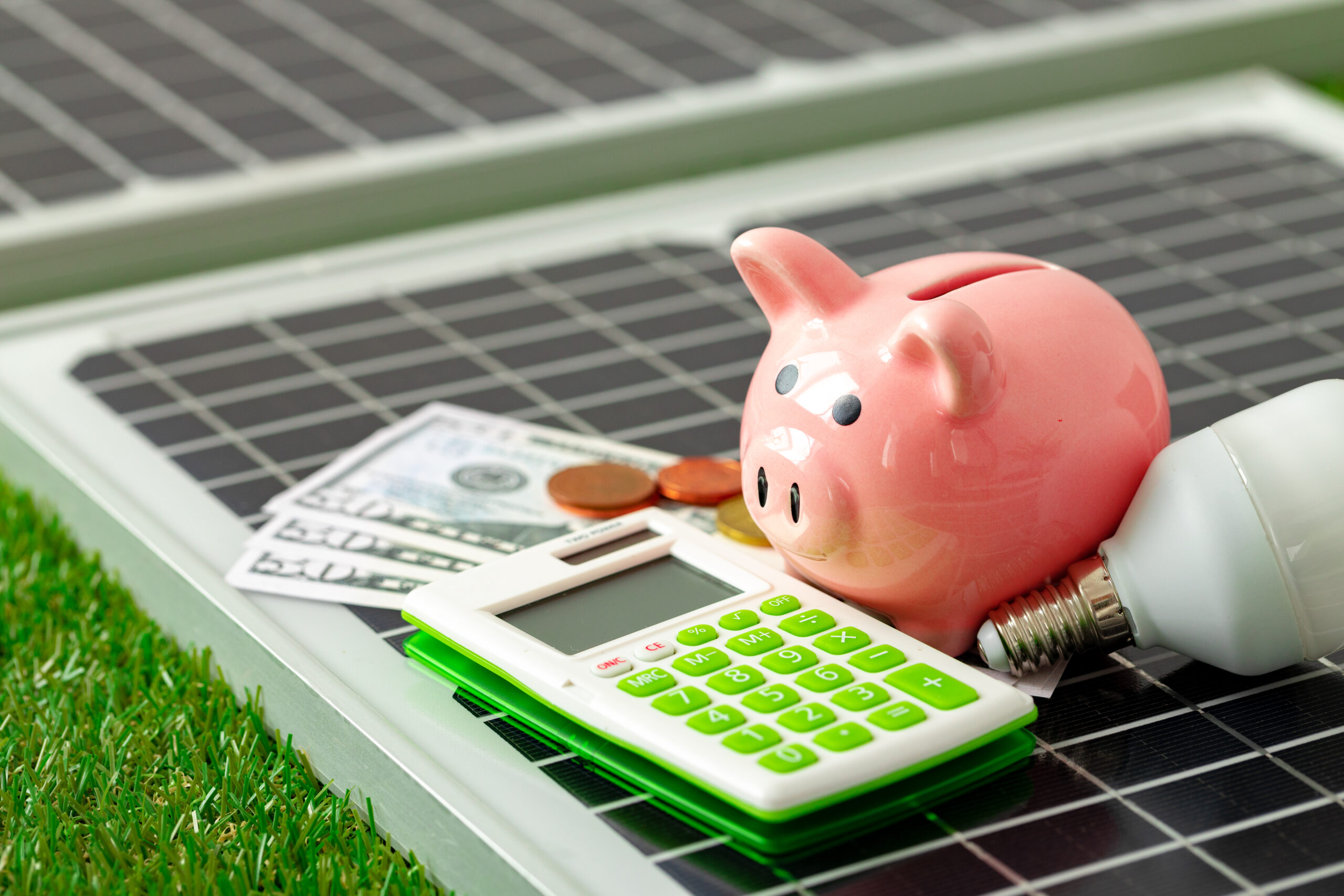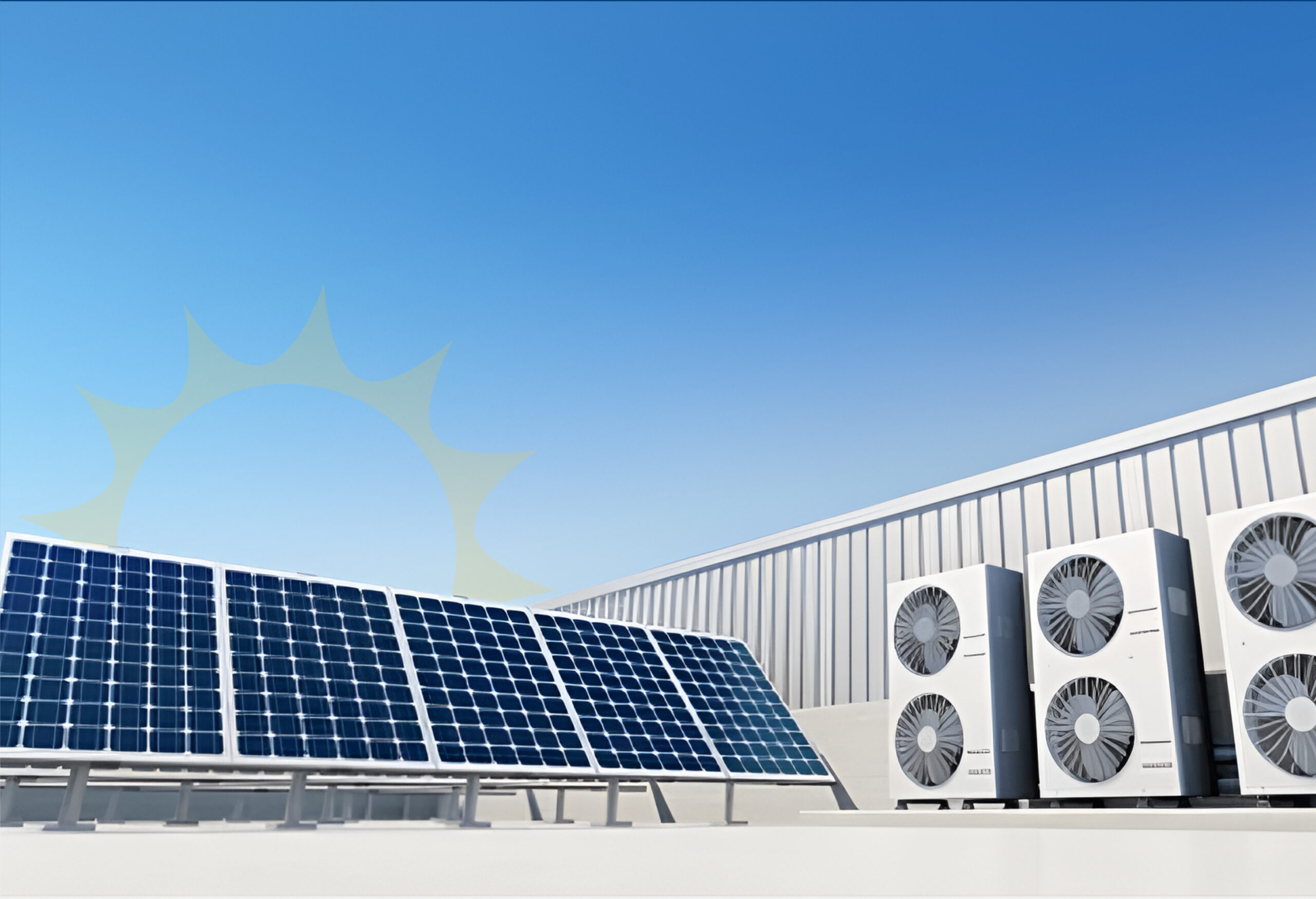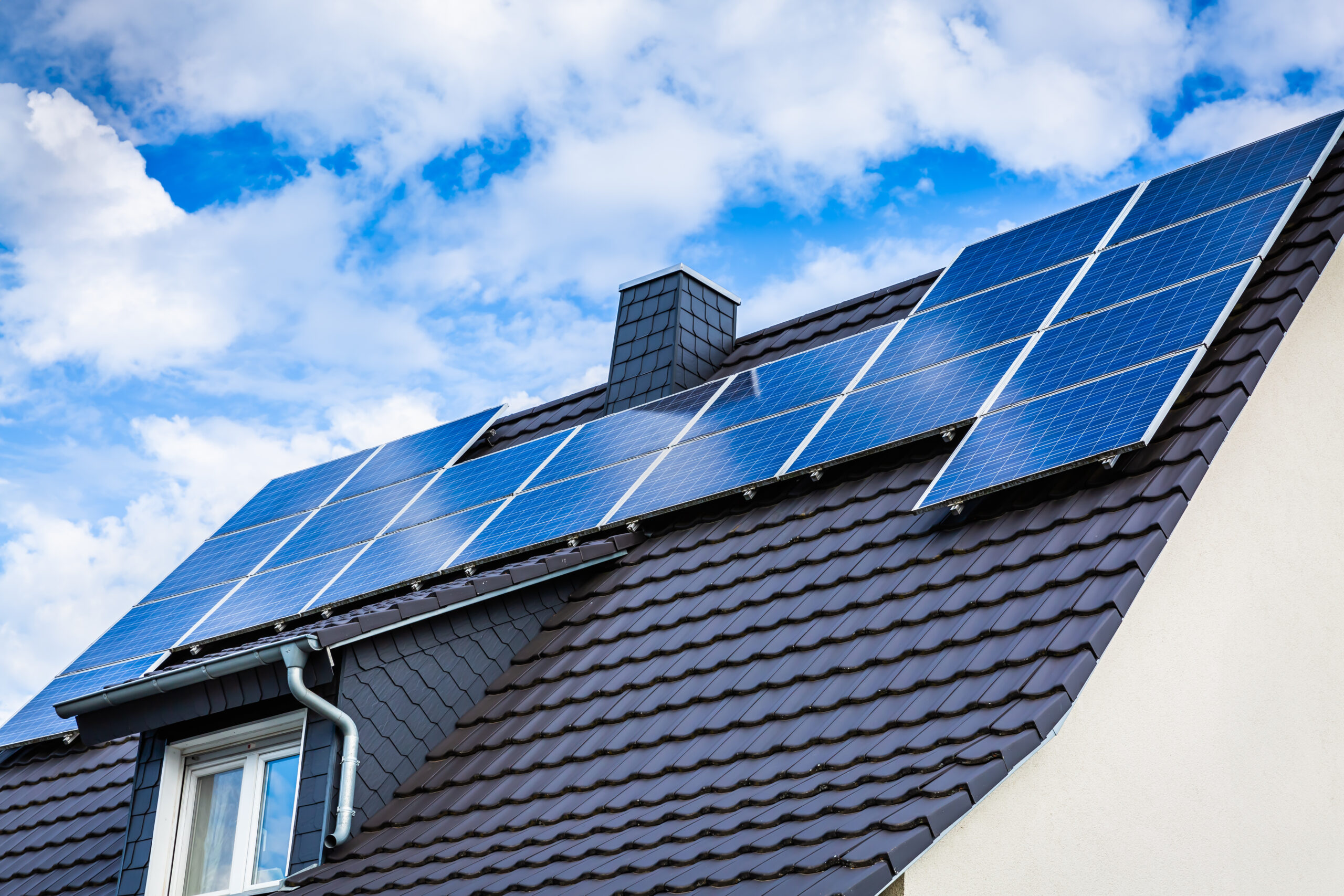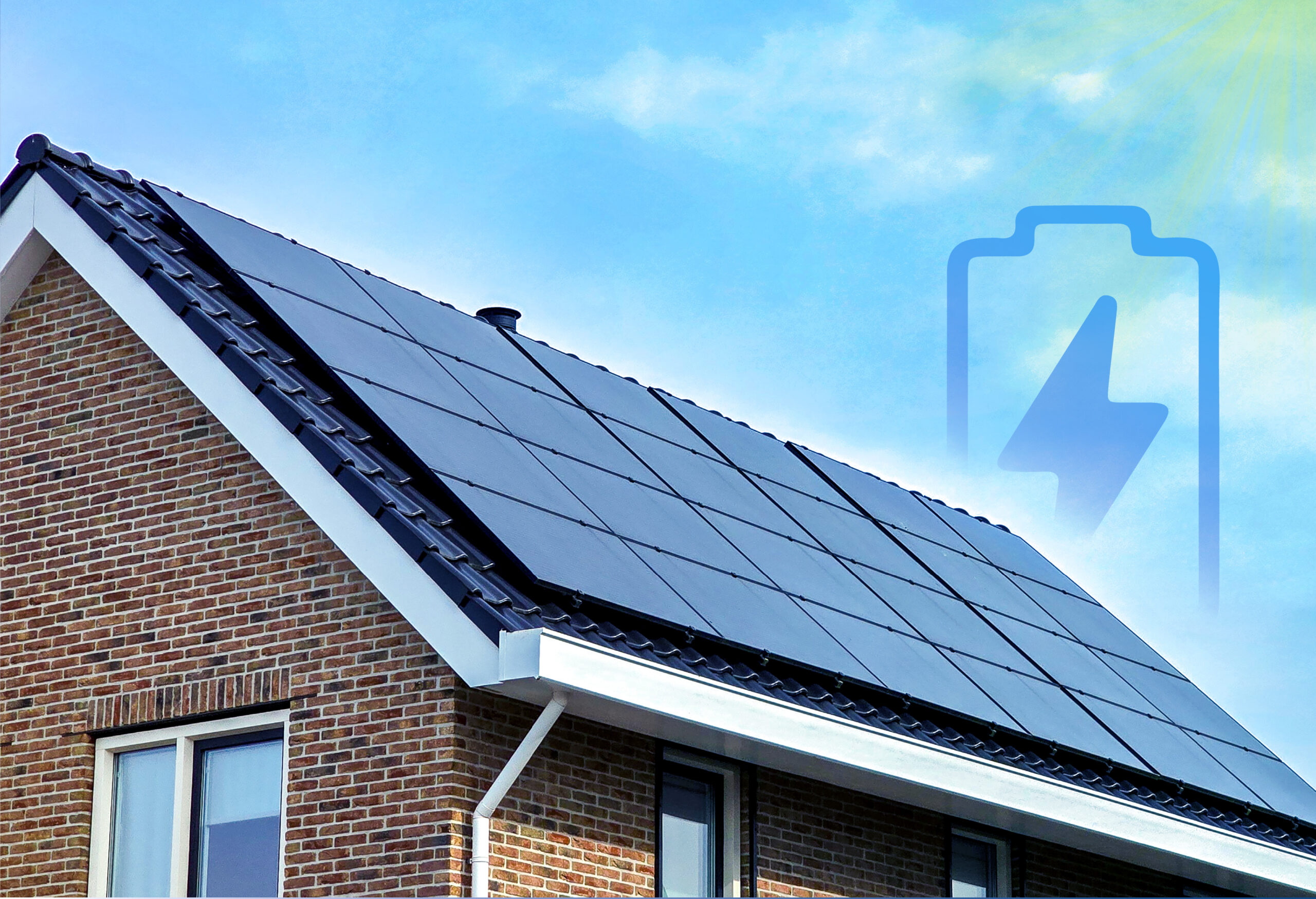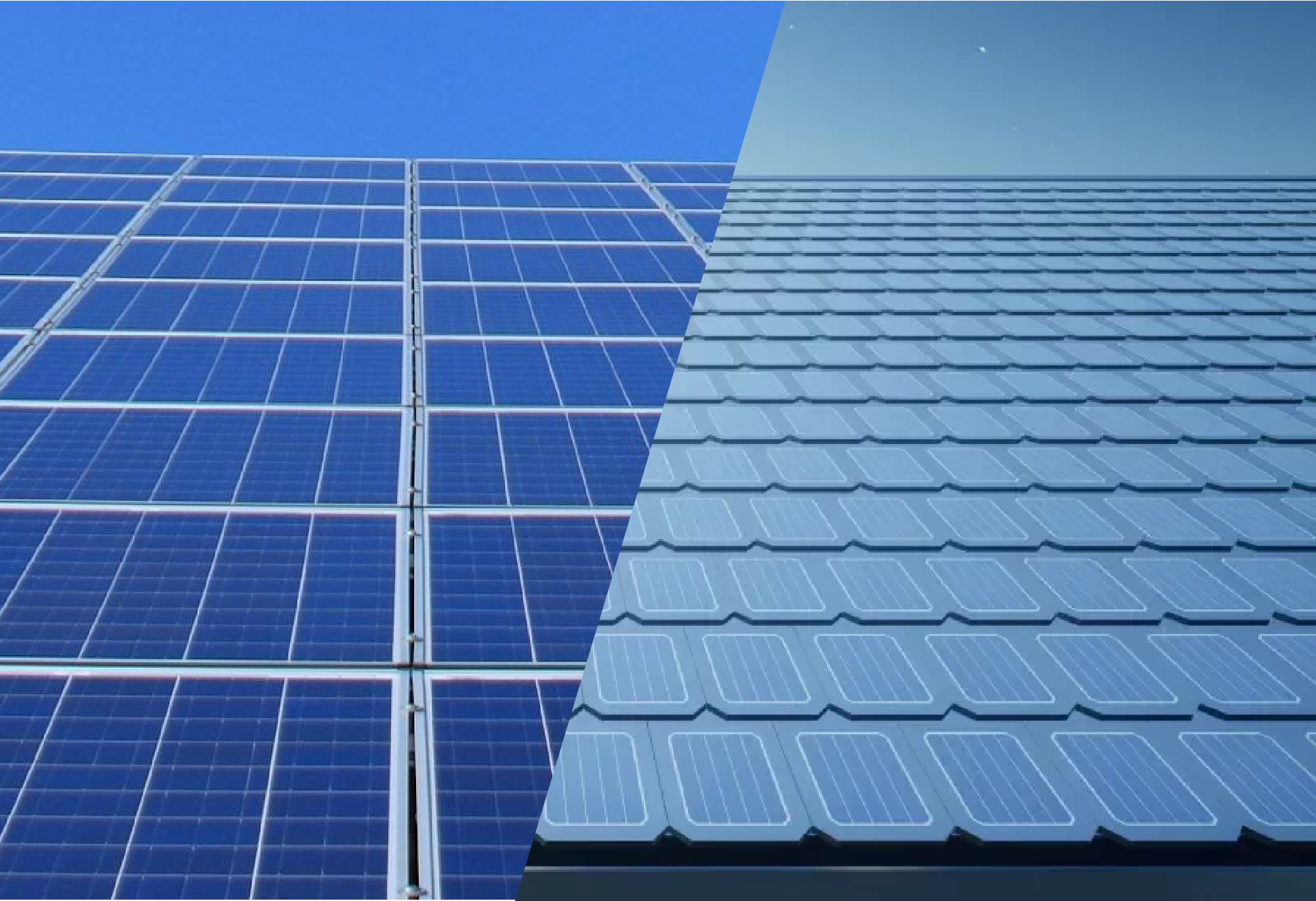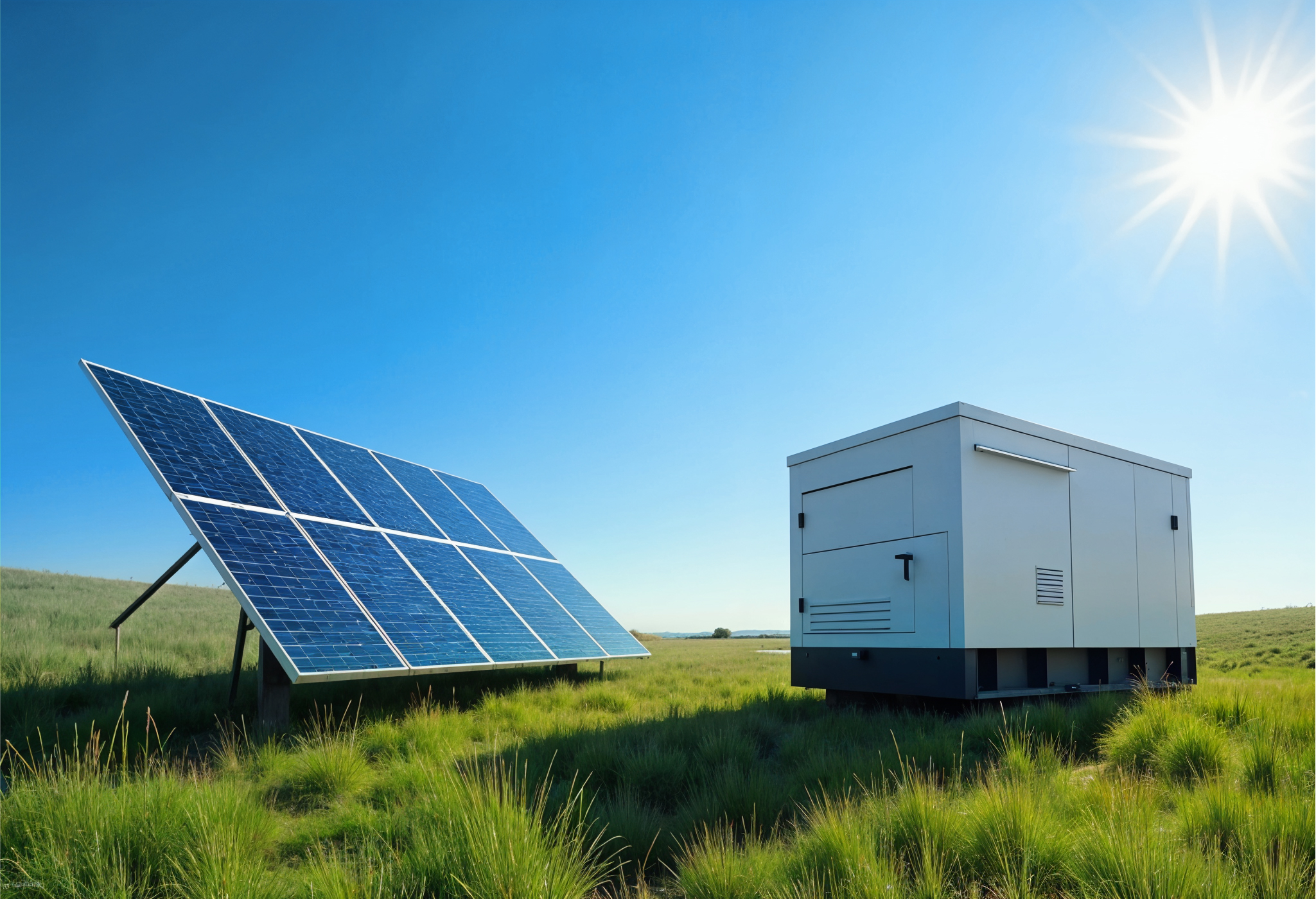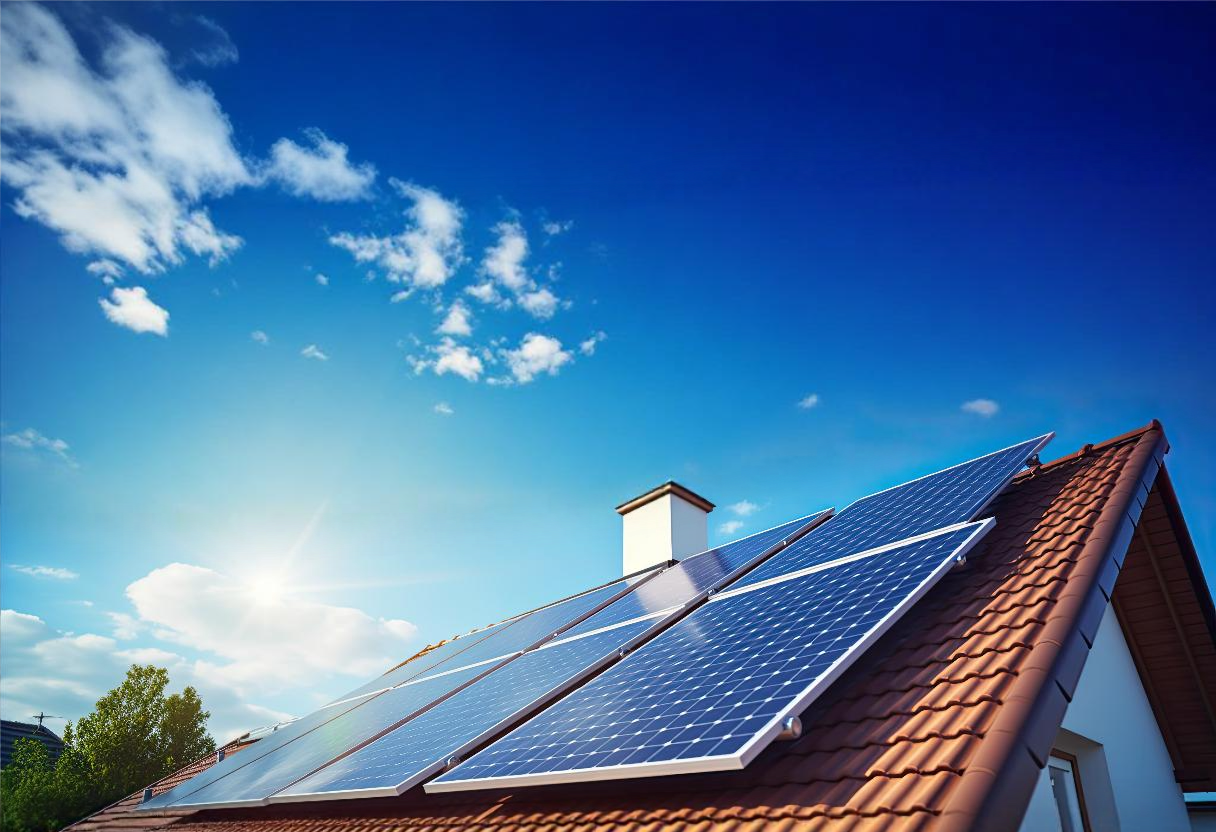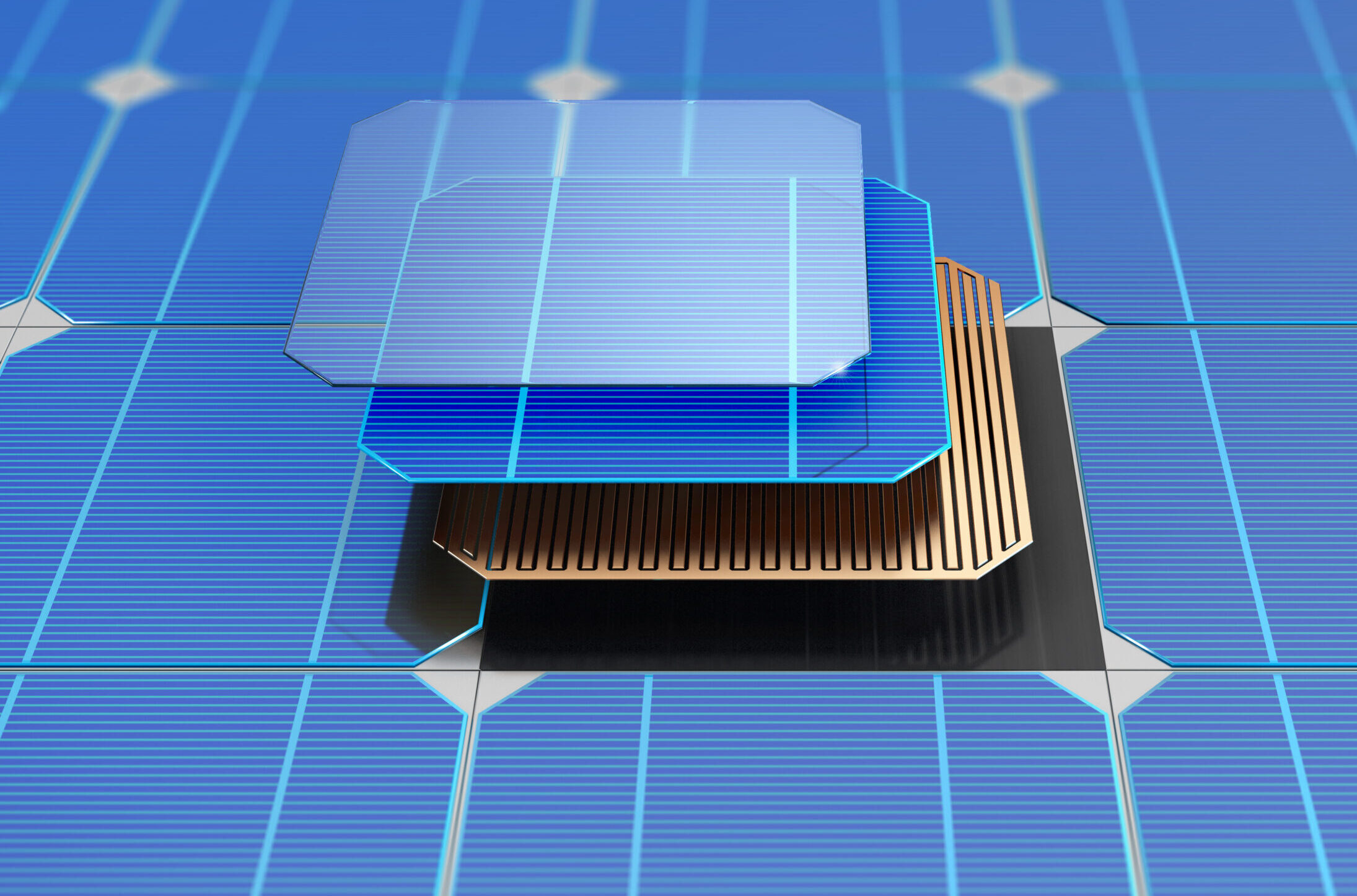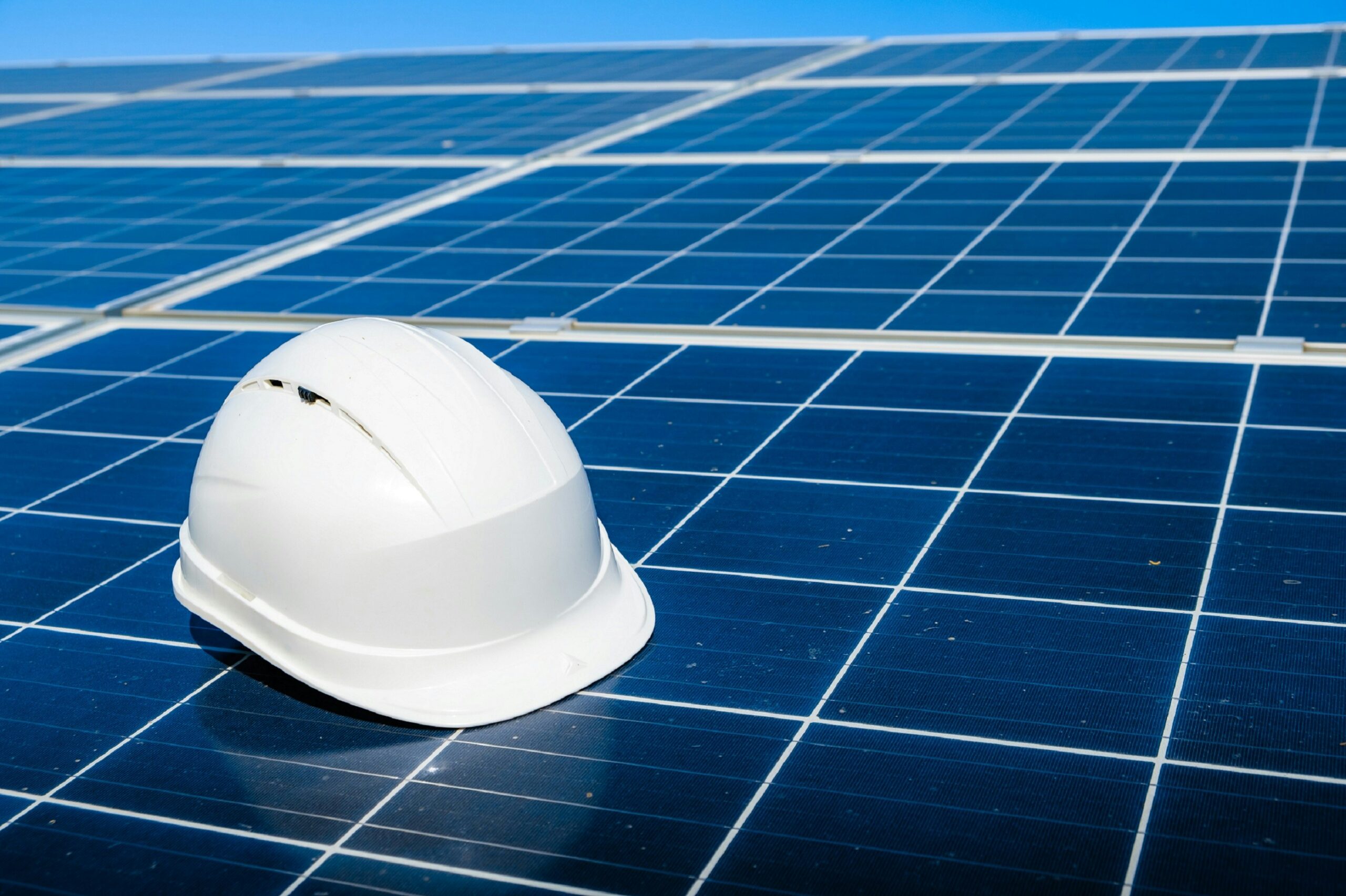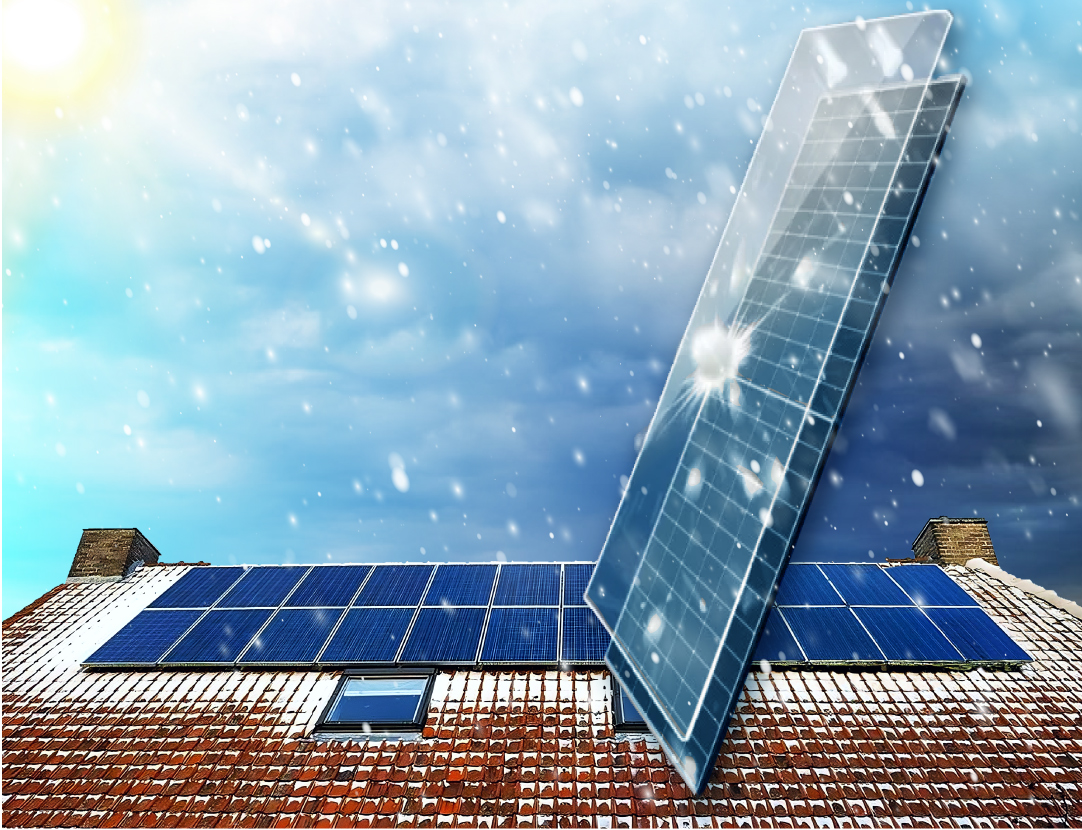Author: Mariela Guanchez
For Nova Scotia homeowners, Solar Payback is more than a catchy term—it’s the milestone every homeowner tracks. Ultimately, a lighter power bill feels great; nevertheless, the question everyone eventually asks is, “When does my solar system actually pay for itself?” In short, how soon will your Solar Payback Nova Scotia milestone arrive—and, moreover, how can you speed it up?
To begin with, we walk through the exact math, sprinkle in real homeowner stories, and, accordingly, share tactics to shave months (even years) off the break‑even date..

1 | Solar Payback – Understand the Equation
Firstly,
Payback Year = Net System Cost ÷ Annual Bill Savings
- **Net System Cost = Total price (provincial rebates ended January 2025).
- Annual Bill Savings = kWh produced × grid price − standby fee.
Importantly, Nova Scotia Power’s residential rate currently hovers around $0.18/kWh (and historically rises ~4 % each year), your savings grow over time—pushing payback closer, not further away.
For instance, Quick Example – note: provincial rebates have ended
|
Item |
7 kW System |
|
Gross price |
$25 000 |
|
Rebate (ended) |
— |
|
0 % Greener Homes Loan |
– |
|
Net Cost |
$25 000 |
|
Annual kWh |
8 400 |
|
Estimated savings (year 1) |
$1 380 |
|
Payback |
~18 yrs |
But— layer municipal PACE financing and optimise net‑metering, and that same homeowner can hit break‑even in year 12 instead. Later sections explain how.
2 | Size the Array for 80–100 % Coverage and Maximise Solar Payback
Conversely, oversizing inflates price; undersizing leaves you with a chunky utility bill. Therefore, aim for the Goldilocks zone—just enough annual production to offset most of your consumption without wasting capital you could invest elsewhere.
How to Calculate Your Solar Payback Sweet Spot
- Pull 12 months of bills (download from NS Power’s online portal).
- Next, add future loads: EV, heat‑pump, hot tub.
- Then, divide annual kWh by 1 150 (average Nova Scotia kWh per kW installed).
- Round up to the nearest half‑kilowatt.
Consequently, you design a system that maximises Solar Payback without overspending; as a result, every extra watt generated pushes the break‑even year closer. Similarly, need a refresher on panel sizing? Check the step‑by‑step walkthrough in Install Solar Panels in Nova Scotia.
3 | Exploit Net‑Metering’s 1 : 1 Credit Cycle for Faster Solar Payback
In contrast, every surplus summer kilowatt‑hour flows into the grid at full retail price. Then, during dim winter days, you “buy” it back with those credits. As a result, many families offset 90 %+ of their yearly usage—even if January output is modest.
Tip: Install before June to bank a season of surplus credits prior to your first winter. Curious how cold months affect output? Read Winter Solar in Nova Scotia for practical snow strategies.
4 | Trim “Phantom” Loads for Faster Solar Payback
Moreover, smart plugs, LED bulbs, and timed power‑bars can slash 5–10 % off household draw. Consequently, that means your solar array covers a larger share of demand—thereby shrinking the payback denominator.
5 | Choose Hardware Rated for Maritime Weather to Protect Solar Payback
Notably, choose panels with 5400 Pa snow‑load and racking tested to 225 km/h winds. Consequently, fewer storm‑related service calls equal fewer surprise costs nibbling at your ROI.
Recommended Panel Tier
|
Brand |
Warranty |
Degradation |
|
JA Solar DeepBlue 4.0 |
25 yr product & performance |
−0.4 %/yr |
6 | Monitor, Maintain, and Protect Solar Payback Gains
Accordingly, to stay proactive, open the inverter app weekly. If, however, output dips >15 % on a sunny day, investigate:
- Branch shading?—Prune that maple.
- Micro‑crack?—File warranty claim.
- Snow build‑up?—Panels generally shed snow on their own once the sun reappears, so avoid climbing on the roof.
Nevertheless, while periodic visual checks from ground level are useful, professional maintenance visits remain optional. Modern systems are designed to run for years with minimal intervention.
7 | Real‑Life Break‑Even Stories
Suburban Couple, Dartmouth
- System: 6.2 kW, $19 800 after municipal PACE.
- First‑year savings: $1 050 (credits + reduced usage).
- Projected payback: 11 yrs.
- Quote: “Every rate hike feels like a win now.”
Rural Family + EV, Antigonish
- System: 10 kW ground‑mount, $34 000 financed at 0 %.
- First‑year savings: $2 200.
- Projected payback: 9 yrs.
Furthermore, both households expect even faster payback if rates keep climbing above inflation. See how savings compound in our article How Much Can Solar Save You?.
8 | Forecast Rate Hikes and Shorten Solar Payback Further
Accordingly, looking ahead, Nova Scotia Power’s 2024 filing suggests incremental increases through 2027. Therefore, plugging a 3 % annual uplift into your spreadsheet shows total savings ballooning 25–30 % over 20 years.
Conclusion: Nail Your Solar Payback Strategy
Ultimately, the break‑even year is a milestone, not the finish line. Once crossed, your panels continue printing value for a decade or more. In summary, follow the steps above—size well, lean on net‑metering, trim loads, maintain hardware—and watch the payback date creep closer month by month. For extra tactics, see our Boost Solar ROI guide.
**Ready for your precise timeline? **Book a free assessment »

